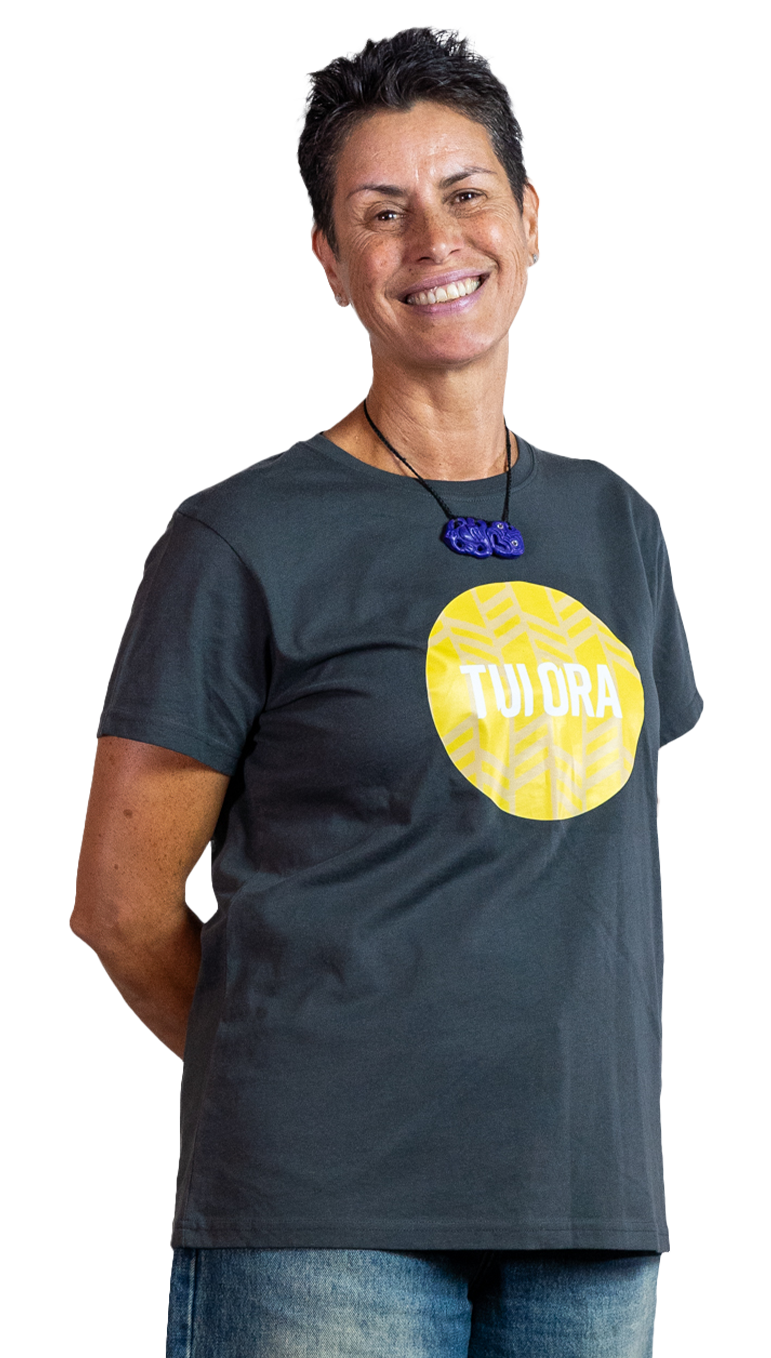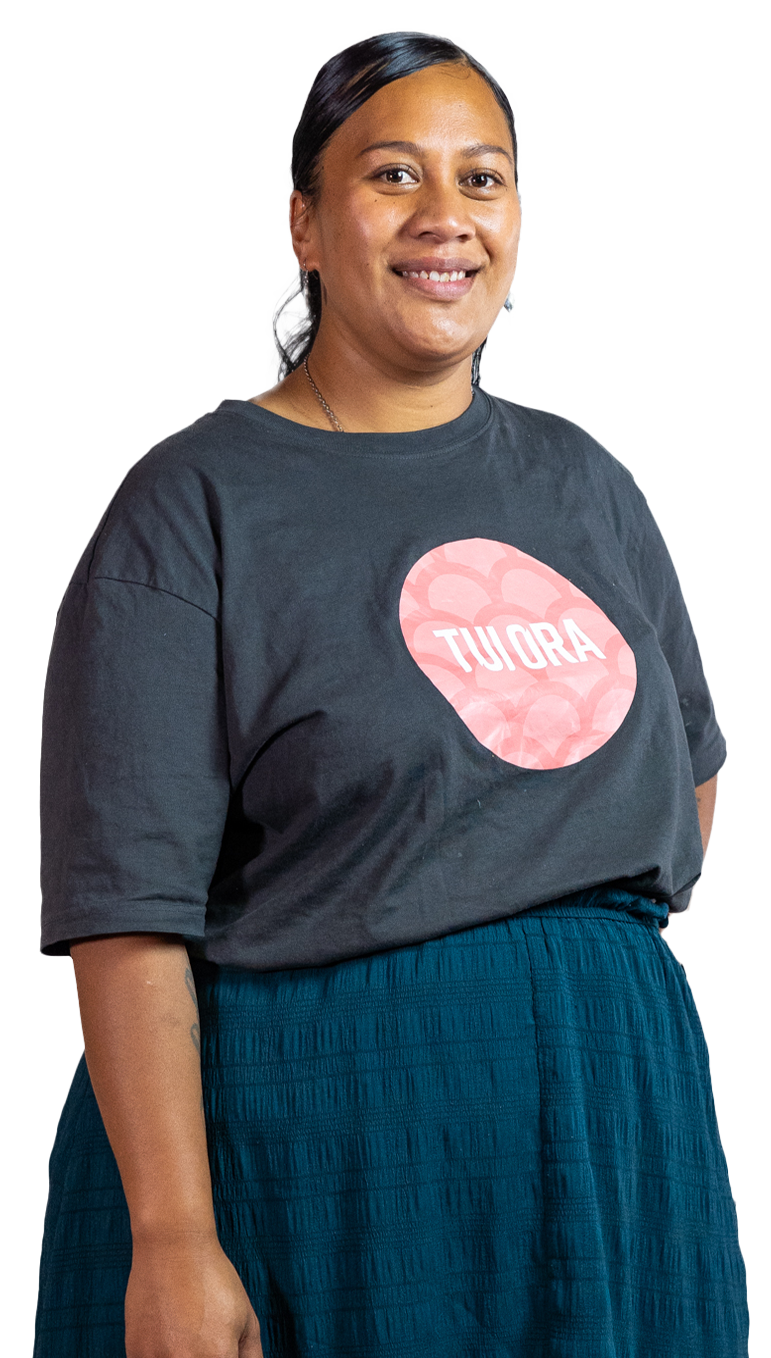Are you looking for a specific service?
Our Tikanga o Tui Ora is the set of ngā uara (values) that unite and guide us. It serves as a blueprint for how we come together and work with each other, whānau, our partners and the wider community, and act as a reminder of the promise we have made to respectfully deliver top quality culturally appropriate health services to all Taranaki whānau — now and into a prosperous future.

The word manaakitanga breaks down to mana aki tanga which means to encourage or urge mana upon someone else. In other words, to look after other people – rather than just ourselves. At Tui Ora, manaakitanga is evident in how we look after every member of every whānau that comes to us, and the way we relate to each other as kaimahi. Looking after people by providing maanaki, as we would on the marae or in other traditional spaces, is an important part of what makes the Tui Ora experience different.
Every person has a taha wairua or a spiritual side that brings meaning and purpose to what we do. It’s a personal concept that doesn’t need to have anything to do with prayers, karakia or religion. Wairuatanga is deeply elemental and holistic, permeating our mind, body, spirit and whānau. By nourishing taha wairua we strengthen and enhance our hauora. At Tui Ora our wairuatanga guides how we connect with the world around us and express our taha wairua.
How we lead and how we participate is very important to us at Tui Ora. True leadership involves gathering a strong team together and giving everyone their opportunity to contribute. It’s about having the mana to determine things for ourselves, while respecting the mana of others. Tino Rangatiratanga helps remind us that that our ‘for Māori, by Māori’ approach must also include ‘with Māori’.
Kotahitanga is about how we stand together to achieve a common goal and harness the strength that comes from being united in purpose. It’s about accepting that while we may have different opinions and experiences, we can still focus on the same kaupapa. That might involve long, passionate hui before we all get on the same page – and that’s okay. When we have a common goal – a future where all whānau have equitable, holistic hauora – we can paddle our waka along different routes based on our individual strengths, but still arrive at our destination together.

